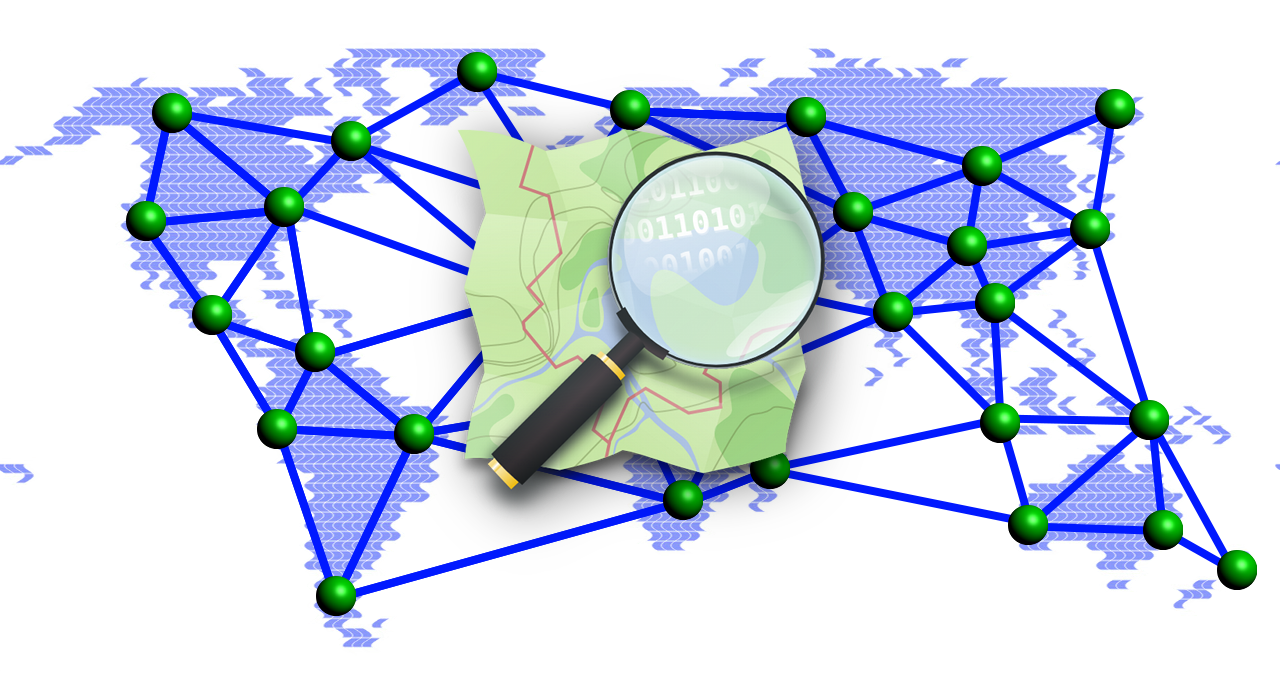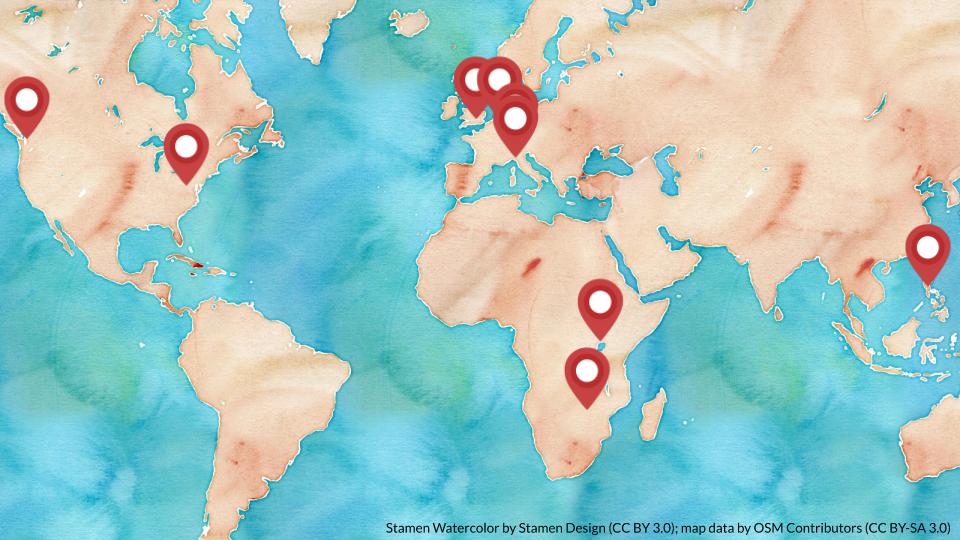Welcoming new mappers
TLDR: It’s now super easy to welcome new mappers in your country or region. Just post an issue at the Welcome tool repository, and we’ll set you up. New mappers will be listed and in a few clicks you can check their work and welcome them with a localized welcome message. You can share the workload, as it will be clear who is and who hasn’t been contacted. Try it out at https://welcome.osm.be/ (don’t forget to connect your OSM account). Instructions on how to request your region available here.
About the tool
Back when we started doing real life meetings in Belgium, one of the first frustrations was how hard it was to get in touch with mappers. How do you let mappers know there’s a group of locals who are eager to get to know them? And how do we offer a helping hand to new mappers?
Of course, the first thing you think about is automating, plugging in to the global OSM software. But that software evolves slowly and you’d have to come up with a solution that works worldwide from the start.
So we decided to go for a simple solution: Belgian mapper M!dgard built a simple tool in PHP around Pascal Neis’s RSS feed of new mappers. M!dgard never stopped hating the ugly coding, but it did do the job for several years - with Jakka doing most of the welcoming work.
Don’t expect welcoming new mappers to be very rewarding. Most new mappers are never going to stick around, so just a few percent will ever answer you. Statistically speaking, there doesn’t seem to be an impact on mapper retention either. But we always felt that it does help people to find their way in the documentation and in the communication channels. Not in the least, we used the tool to monitor the edits of new mappers. That helped us spot errors as well as occasional vandalism.

 Location of the members of the LCCWG. Base map © Stamen Design, CC BY 3.0 with map data by OSM contributors.
Location of the members of the LCCWG. Base map © Stamen Design, CC BY 3.0 with map data by OSM contributors.